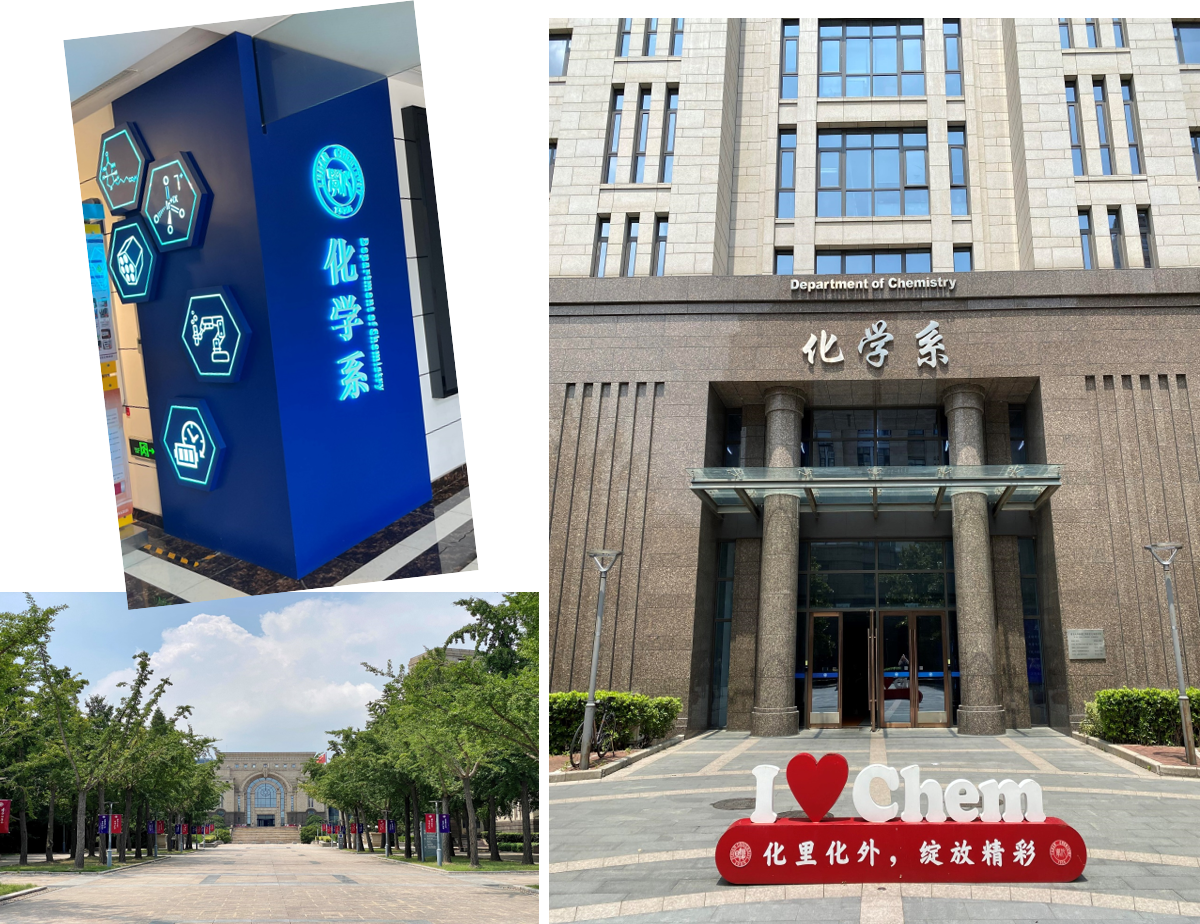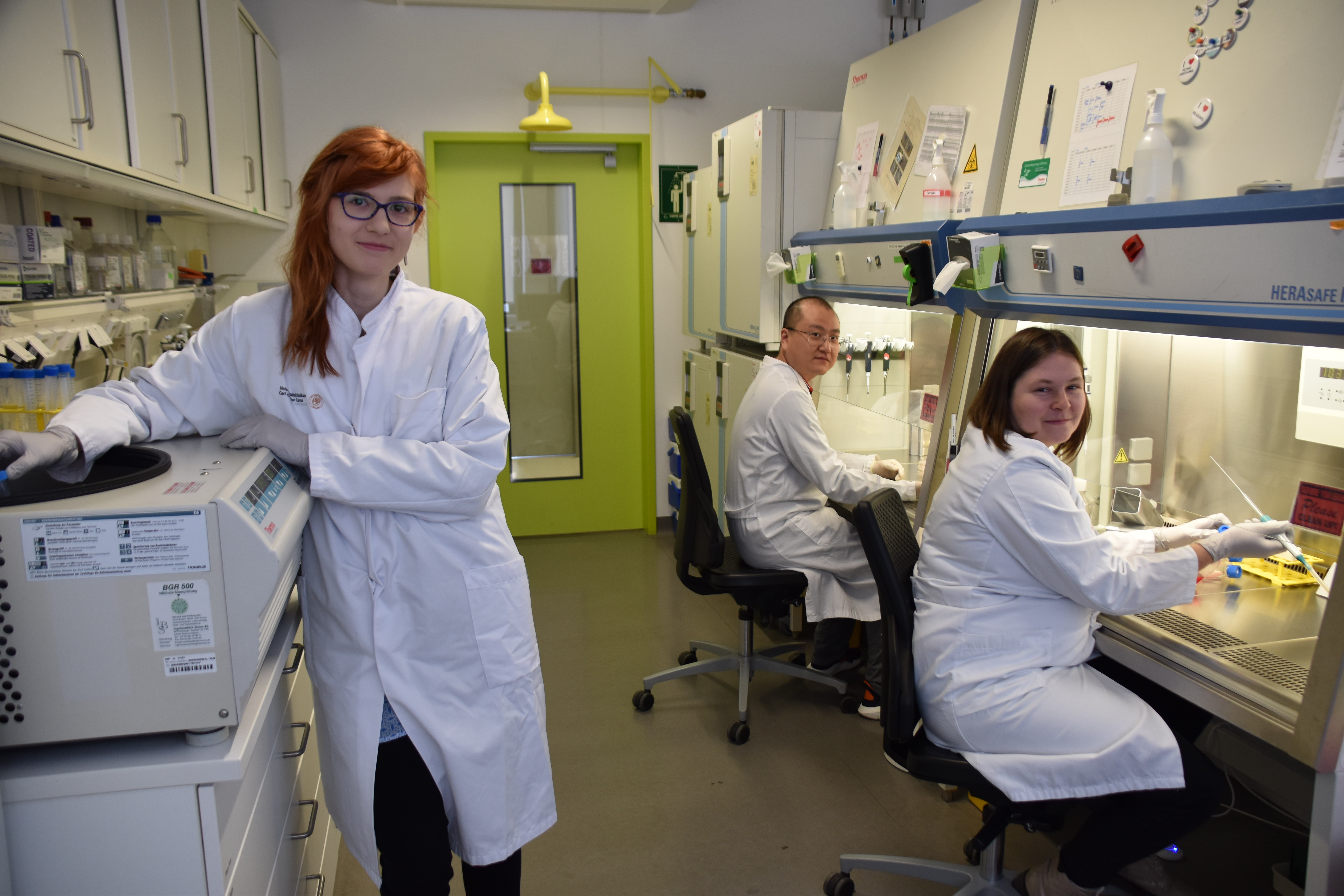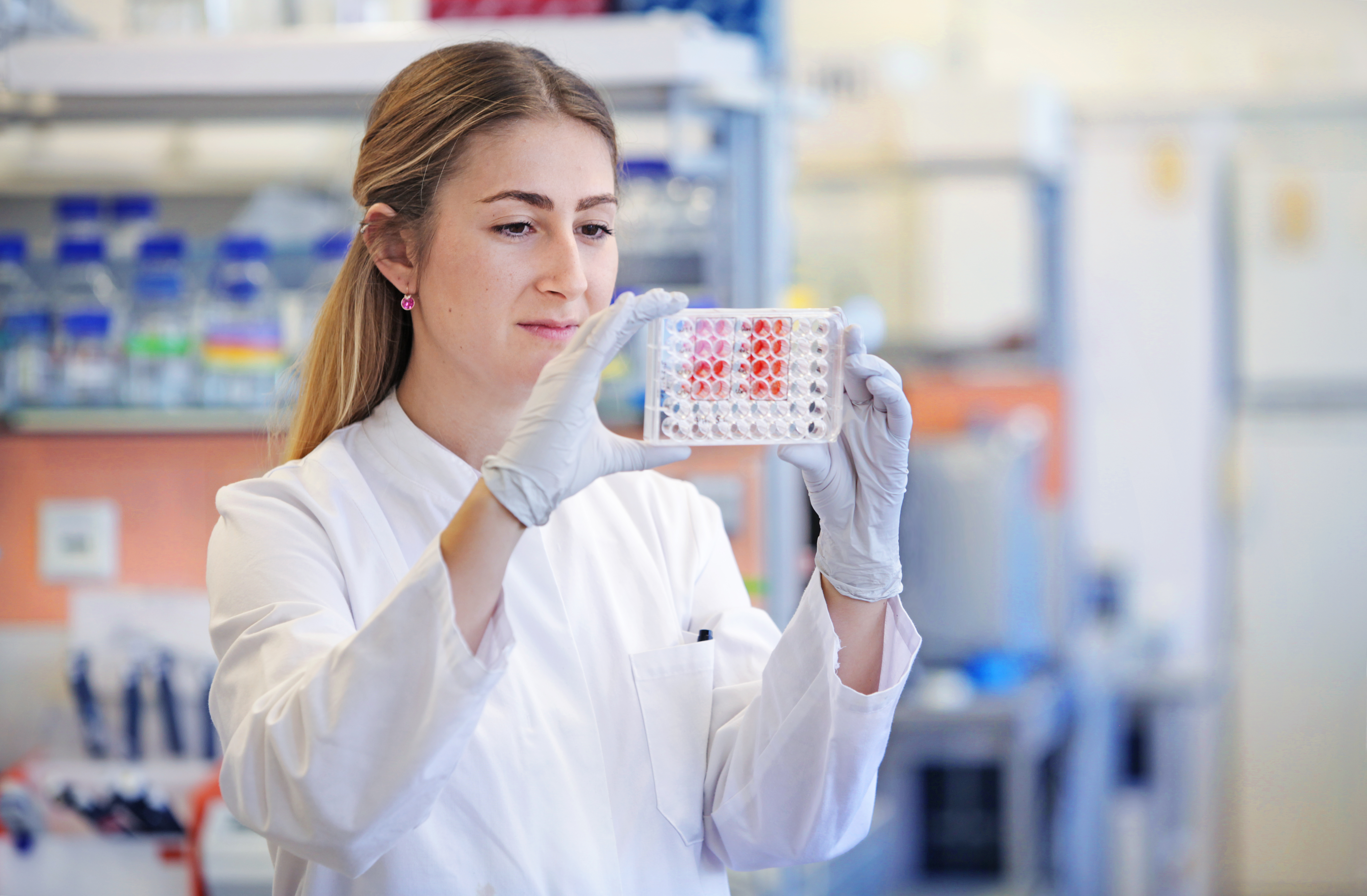In the past, cancer cell behavior has commonly been studied based on the entire tumor. Consequently, the cellular and molecular heterogeneity of the disease has been neglected. In particular, tumors are very heterogeneous tissues consisting of cellular subpopulations with distinct genotypes and phenotypes that may result in distinct biological behaviors. Metastatic disease and treatment resistance remain the most complex challenges in cancer therapy and research, mainly due to cancer heterogeneity.
The Sino-German Center for Science Promotion (CDZ) is a joint research funding institution of the German Research Foundation (DFG) and the National Natural Science Foundation of China (NSFC). As part of the Sino-German mobility program that is focused on “single cell multi-omics for cancer cell heterogeneity study”, Marie-Therese and colleagues from the University Medical Center Hamburg-Eppendorf visited the Fudan University in Shanghai this summer. This program is intended to initiate collaborations between experts from Germany (Coordinator: Prof. Dr. Hartmut Schlüter) and China (Coordinator: Prof. Liang Qiao) in the fields of microfluidics, liquid biopsy for the detection of single disseminated tumor cells, mass spectrometry, omics integration, bioinformatics and cancer research. This international cooperation network aims to promote research on single cell multi-omics analyses. The meeting at the Fudan University involved several presentations and discussions on the isolation and detection of single tumor cells, single cell analysis and integrative bioinformatics and included visits at the Shanghai Jiao Tong University and Xiamen University. The main topics included
- the development of new microfluidic devices and IR-laser based sampling techniques to provide platforms for single cell analysis, especially the sorting of drug resistant cells or cells with strong metastatic capacity
- the development of microfluidics and mass spectrometry for high throughput single cell proteomics, metabolomics and lipidomics
- the development of bioinformatics tools to integrate multi-omics data

Multi-omics data integration strategies across different cellular functional levels, including epigenomes, genomes, transcriptomes, proteomes and metabolomes offer amazing opportunities to understand the underlying biology of complex diseases including prostate cancer bone metastasis. In our µBone-funded project, we aim to analyze the functional and molecular properties of our prostate cancer sublines and to identify further molecular drivers of prostate cancer bone metastasis formation as potential new therapeutic targets. Hopefully, the development of the aforementioned techniques and strong collaborative partners will allow us to reveal the molecular signatures of metastatic prostate cancer that can be functionally validated in our spontaneous bone metastasis mouse models of human prostate cancer in the future.



